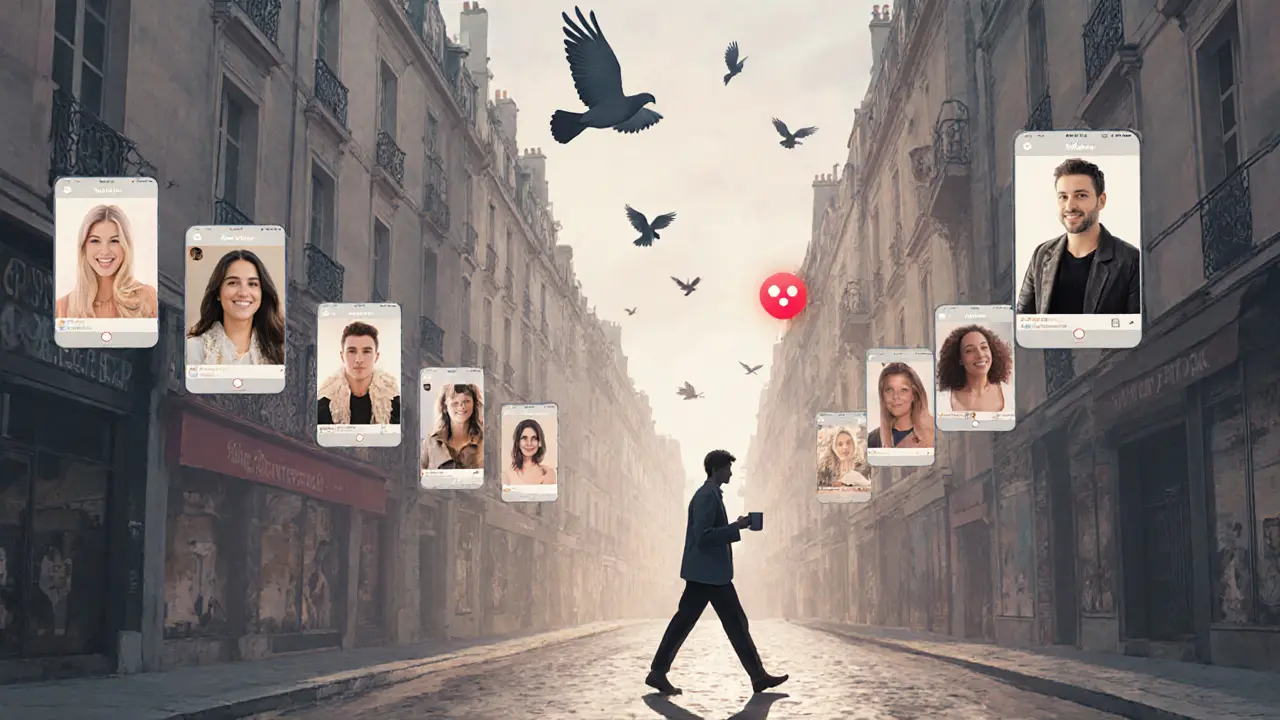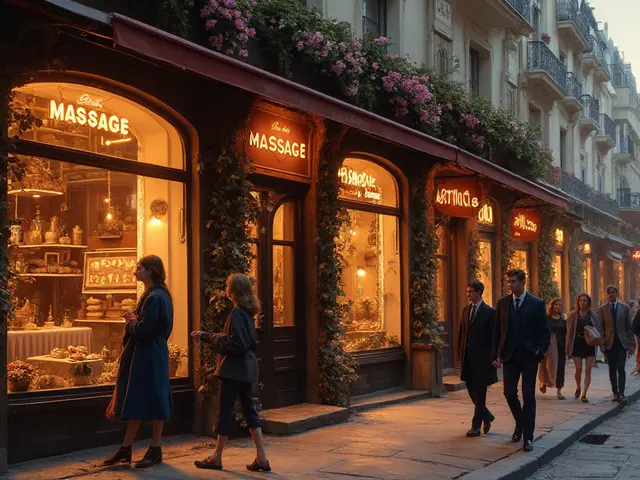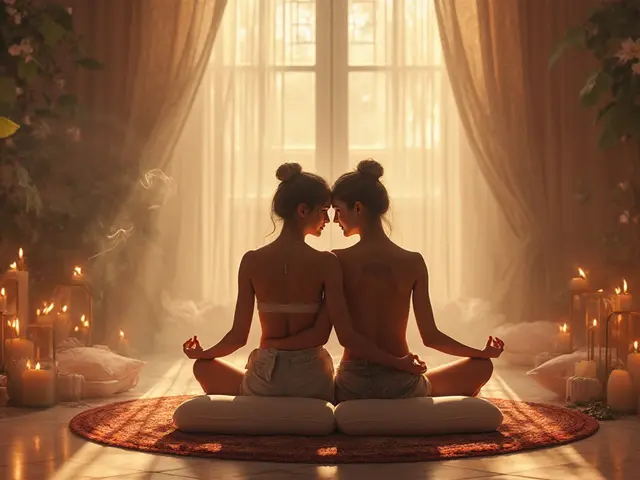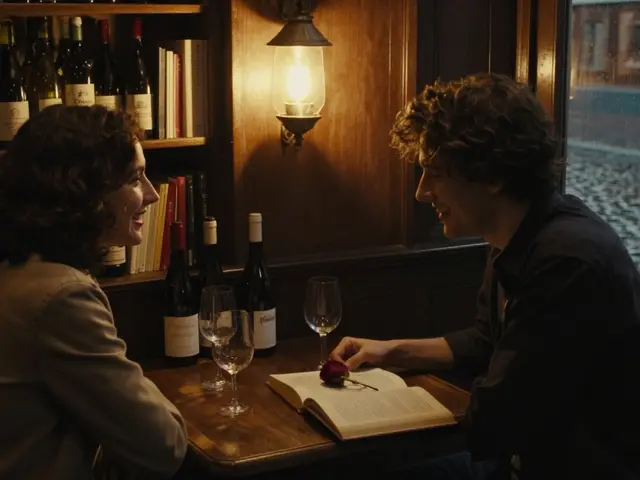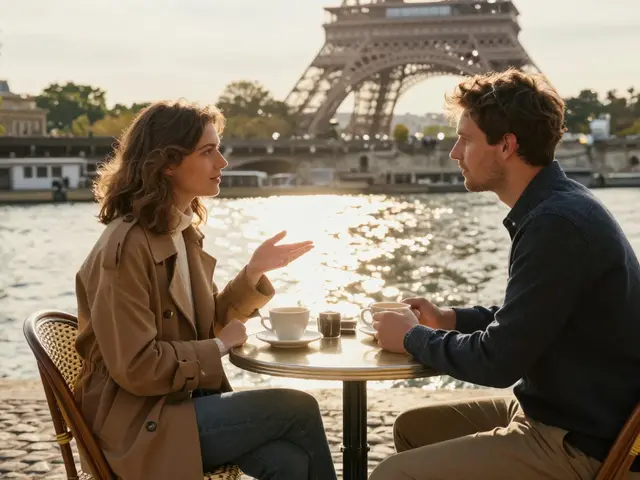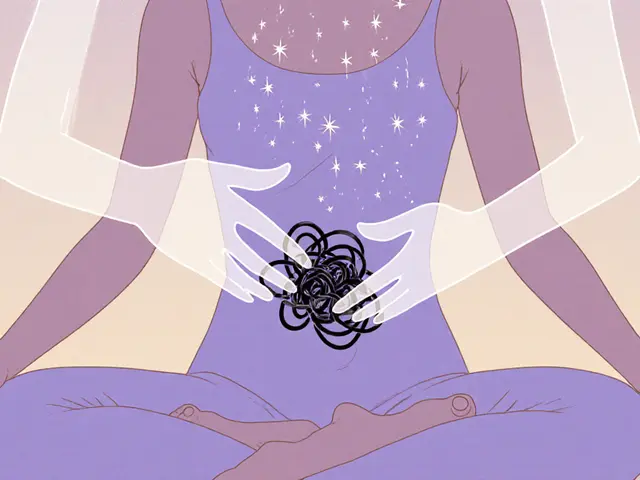The Psychology Behind Dating Apps: Why Parisians Can't Put Their Phones Down
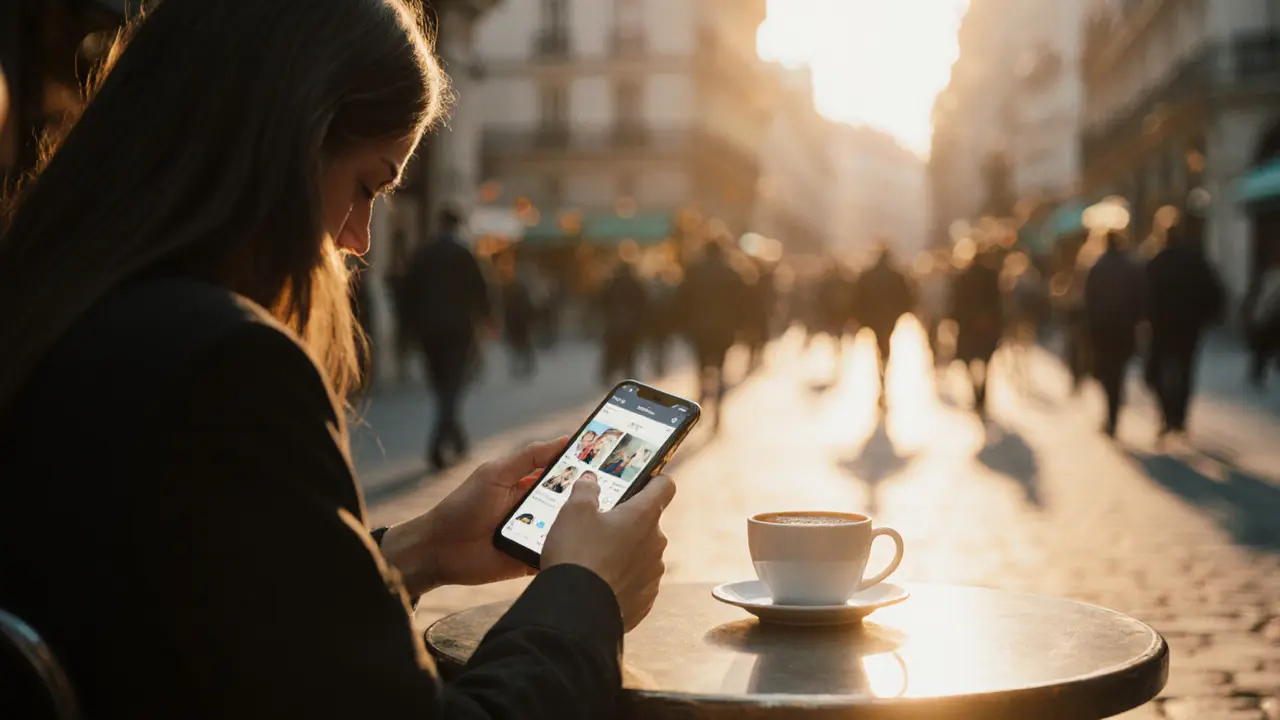
In Paris, where café tables double as dating battlegrounds and the Seine whispers secrets to late-night walkers, dating apps have become the new boulevard-crowded, glittering, and impossible to ignore. Whether you're sipping a cortado near Place des Vosges, commuting on Line 13 after a long day at La Défense, or scrolling through profiles while waiting for a table at Le Comptoir du Relais, your phone is your matchmaker now. And yet, why does it feel so hard to stop? Why do Parisians swipe for hours, even when they swear they're done? The answer isn’t just about loneliness or convenience. It’s wired into the brain, shaped by Parisian rhythms, and amplified by the design of the apps themselves.
How Parisian Loneliness Fuels the Swipe
Paris isn’t just the city of love-it’s also one of Europe’s most lonely metropolises. A 2024 INSEE survey found that 38% of Parisians aged 25-40 live alone, the highest rate in France. That’s not just a statistic; it’s the quiet reality of a studio in the 15th arrondissement, a dinner for one at a boulangerie, or scrolling through photos of people laughing in Montmartre while you’re alone in your kitchen. Dating apps don’t create this loneliness-they fill the silence left by it. The apps offer the illusion of connection: a match, a message, a potential date at a jazz bar in Saint-Germain. But the real hook? The anticipation. Every notification is a dopamine hit, a tiny promise that tonight might be different.The Slot Machine Effect in the City of Light
Think of Tinder, Bumble, or Hinge as digital slot machines. You don’t swipe for a guaranteed date-you swipe for the chance. And that uncertainty is what keeps you going. In Paris, where the dating scene can feel like a slow waltz-awkward, unpredictable, and often ending in a polite but distant “on se voit plus”? Apps turn that into a fast-paced game. You might swipe right on 50 people and get 2 matches. But one of those matches could be the one who texts back within minutes, suggests a walk along the Canal Saint-Martin, and remembers you like natural wine. That’s enough to make you open the app again tomorrow. And the next day. And the next.Parisian Aesthetics and the Illusion of Choice
Parisians care about style. Not just clothes-ambiance, tone, the way someone holds their coffee cup. Dating apps know this. Profiles are curated like mini art exhibitions: a photo at the Luxembourg Gardens, one in front of the Louvre’s glass pyramid, another with a baguette and a glass of Beaujolais. The algorithm learns your taste. If you swipe right on people with berets or tattoos, it shows you more of the same. The result? You feel like you’re in control. Like you’re handpicking your perfect match from a gallery of Parisian possibilities. But here’s the twist: the more choices you have, the less satisfied you become. Psychologists call this the “paradox of choice.” In Paris, where every arrondissement has its own vibe, and every café has its own crowd, endless options don’t lead to better dates-they lead to decision fatigue. You keep swiping because you’re afraid the next one might be better. And so you never commit.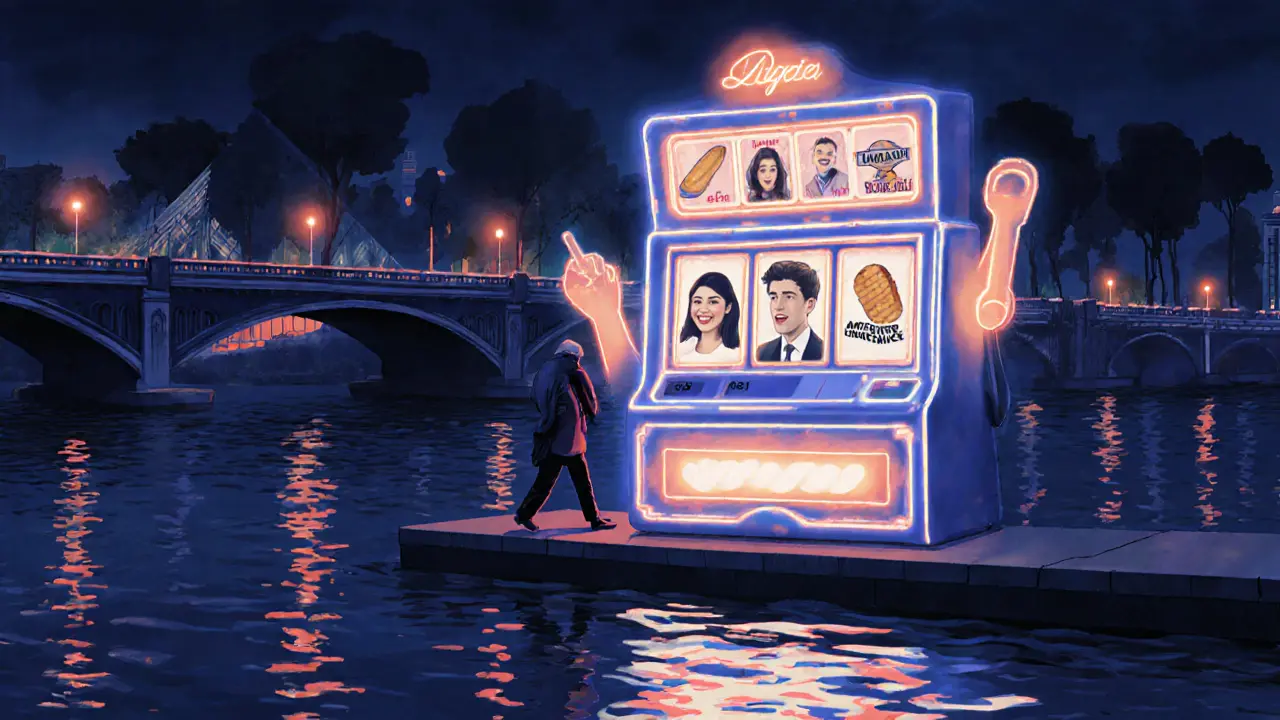
The FOMO of French Flirtation
In Paris, dating isn’t just about finding someone-it’s about being seen as desirable. There’s a cultural pressure to be effortlessly cool, to have a love story that looks like a Jean-Luc Godard film. Dating apps feed this. When you see someone you know from the Marché d’Aligre or a yoga class in the 11th has a new match, it triggers FOMO. Not because you want them-but because you don’t want to be the one left behind. Apps like Happn amplify this by showing you who you’ve crossed paths with in real life: the barista from your favorite café in Le Marais, the cyclist you passed on Rue de Rivoli, the woman who sat two seats away on the RER B. Suddenly, your city becomes a dating grid. You start noticing strangers differently. You wonder: Did they swipe right? Did they notice me? The line between public space and private fantasy blurs. And the app? It thrives on that blur.Why You Can’t Quit, Even When You Want To
It’s not just about attraction. It’s about identity. In Paris, where social circles are tight and reputation matters, being single can feel like a flaw. Dating apps turn being single into a performance. You curate your profile like a personal brand. You post photos that say, “I’m cultured, I travel, I know good cheese.” You reply to messages with just the right mix of wit and mystery. The app becomes your stage. And once you’ve invested time into this performance, quitting feels like admitting defeat. You don’t want to stop because you’re addicted to the attention. You’re addicted to the idea that you’re still desirable. Even if no one’s messaging you, the app is still there-waiting, promising, tempting.